HOUSES
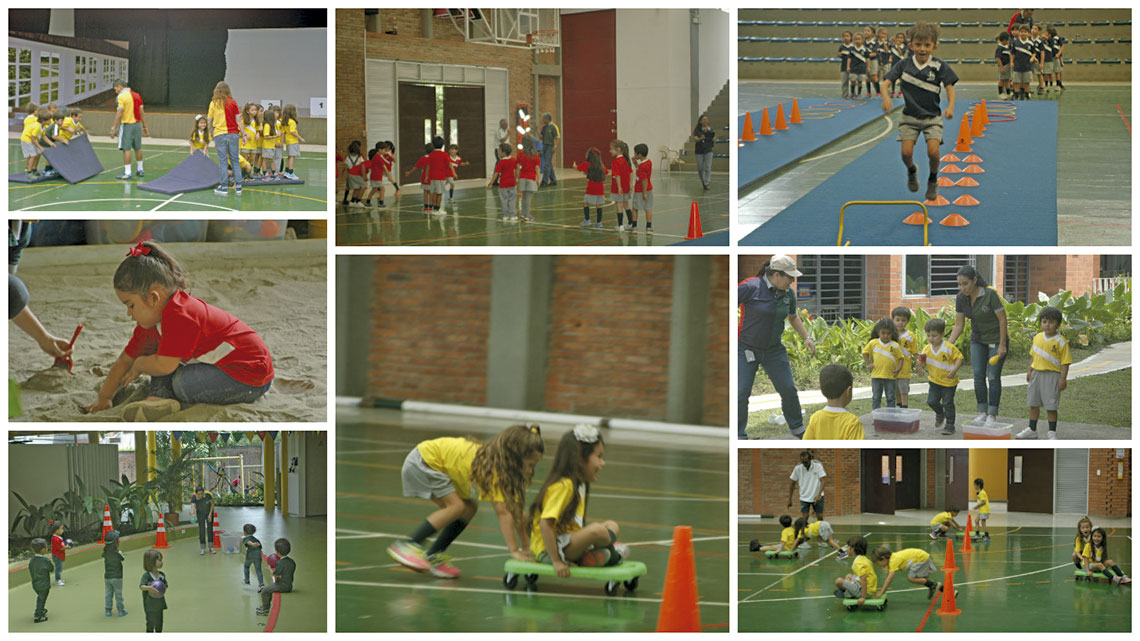
For the purpose of sports, cultural and disciplinary organization, in October of 1956 the students were divided into four Houses that are: O’Leary, Canning, Rooke and Ferguson. The Houses system is part of our British heritage as a School and is an element that unites us deeply.
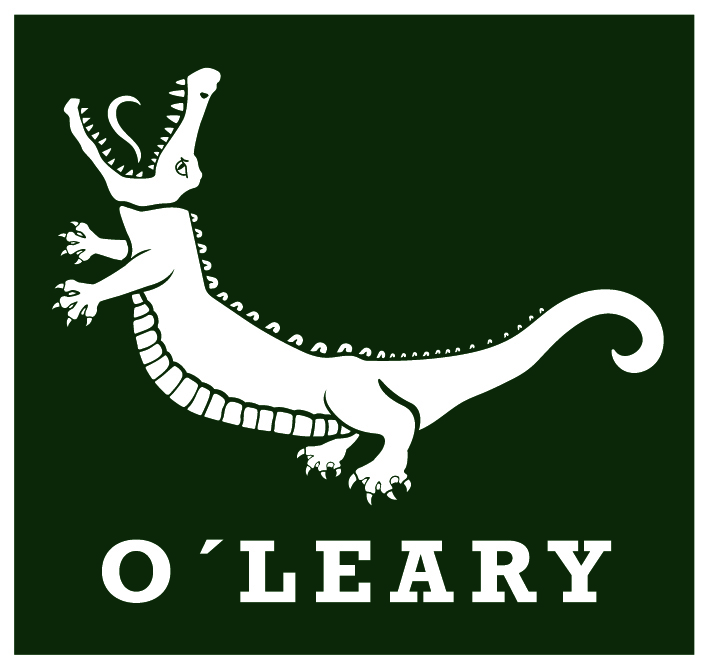
Daniel Florence O’Leary: Irish General born in the city of Cork,Ireland. He joined the British Legion at the age of 17. He arrived to South America in March of 1818 through the coasts of Venezuela. He became an Aide-De-Camp to Simón Bolívar during many of the Libertador’s Independence campaigns. He fought in memorable battles such as Paya, Gámeza, Bonza, Pantano de Vargas and the Batalla de Boyacá.
O’leary was an illustrated man that surrounded himself with the glory given to those soldiers that fought during the liberation of America. At the latter part of his life he dedicated himself to writing Bolívar’s memoirs, which are of great historical value, and he made a compilation of the Libertador’s correspondence.
His remains were buried in the National Pantheon of Venezuela.
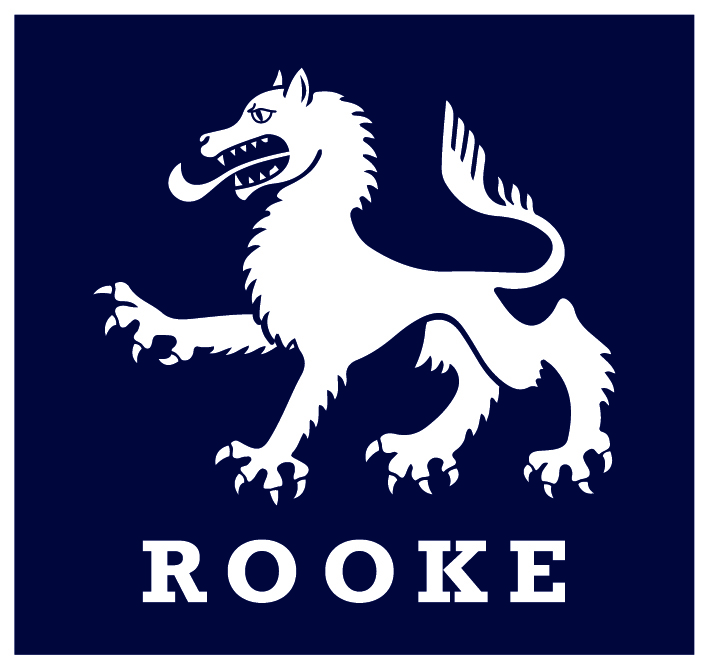
James Rooke: Veteran of the Napoleonic Wars (serving as Aide-De-Camp to the Prince of Orange in the Battle of Waterloo), James Rooke was born in Dublin and was the son of a General of the British Majesty.
He fought with the British Legion under Simón Bolívar during the South American independence wars where he rose to the rank of Colonel. He came to Venezuela in 1817 and was gravely wounded in his left arm during the Battle of Pantano de Vargas.
It is rumored that upon waking from the amputation surgery done to his left arm, he took it and lifted it above his head while screaming in Spanish: ¡Viva la Patria!
The doctor at his bedside asked him, “Which “Patria”? Ireland or England?”
He replied, “The one which will bury me.”
He died shortly after.
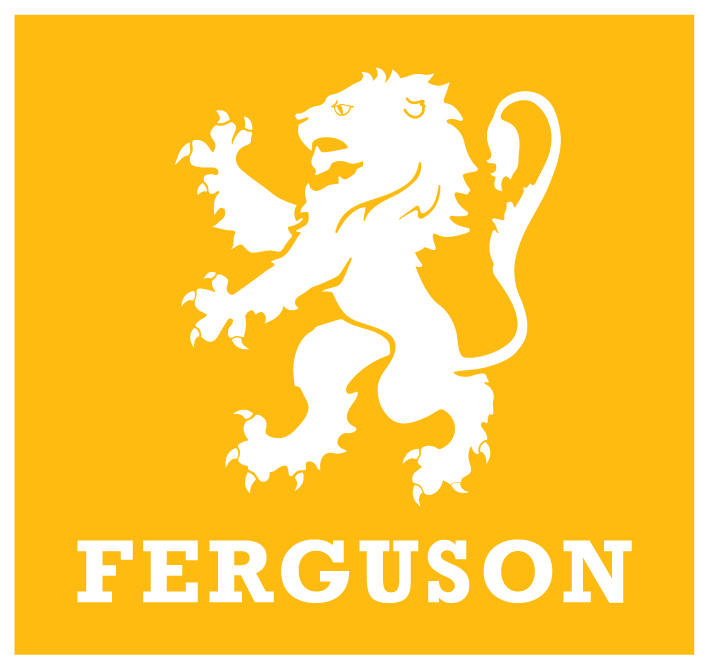
William Ferguson: Born in Ireland at the end of the 18th Century, William Ferguson will be forever known as the Soldier who took a bullet for Simón Bolívar during an assasination attempt directed at the Libertador in Bogotá, Colombia, in 1828.
He was crucial in crushing General Paez’s revolt down in Perú during Bolívar’s absence in the campaigns led for the Independence of South America. With 120 men under his command, he was one of the responsible for the victory in the Battle of Ayacucho.
Bolívar believed Ferguson to be a brave and gallant young officer who rose from Second Lieutenant to Colonel in under ten years. His bravery was proven when he took the bullet that was intended for Bolívar on September 28, 1828.
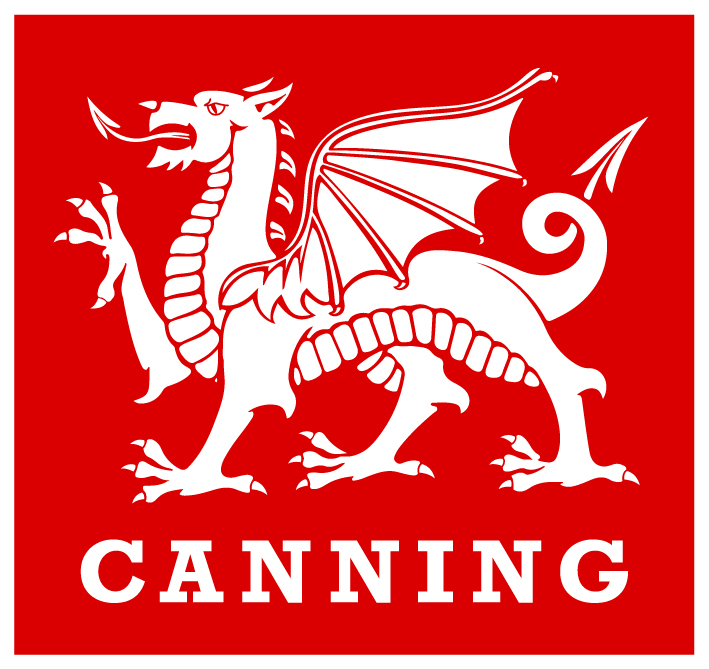
George Canning: During his diplomatic career as Foreign Secretary, Canning accepted the sovereignty of the Spanish Colonies in The Americas in 1824.
Although Bolívar and Canning worked in different arenas, both played an important role in bringing down the european stranglehold on South America.
George Canning is forever remembered for his enthusiasm in favor of liberty, especially that of the Spanish Colonies that were freed during Bolívar’s campaign.




